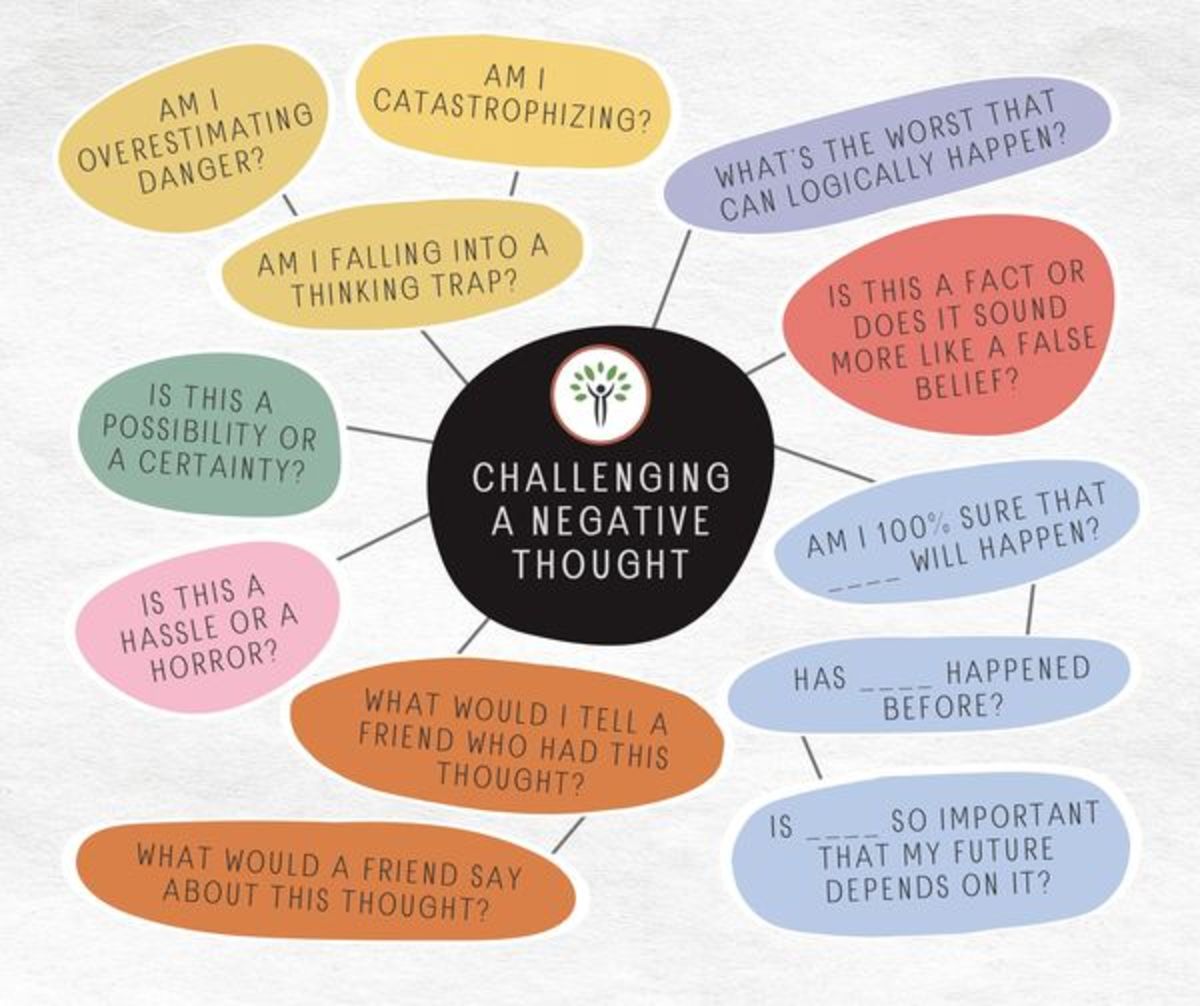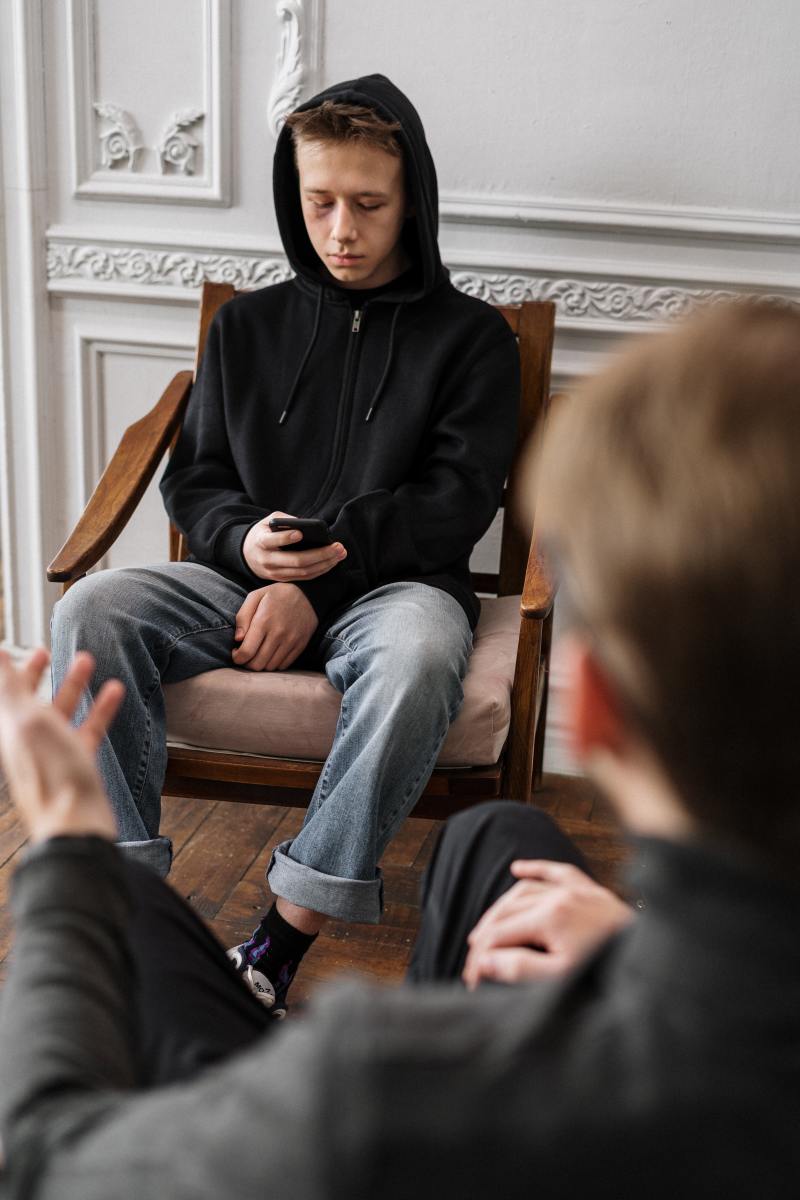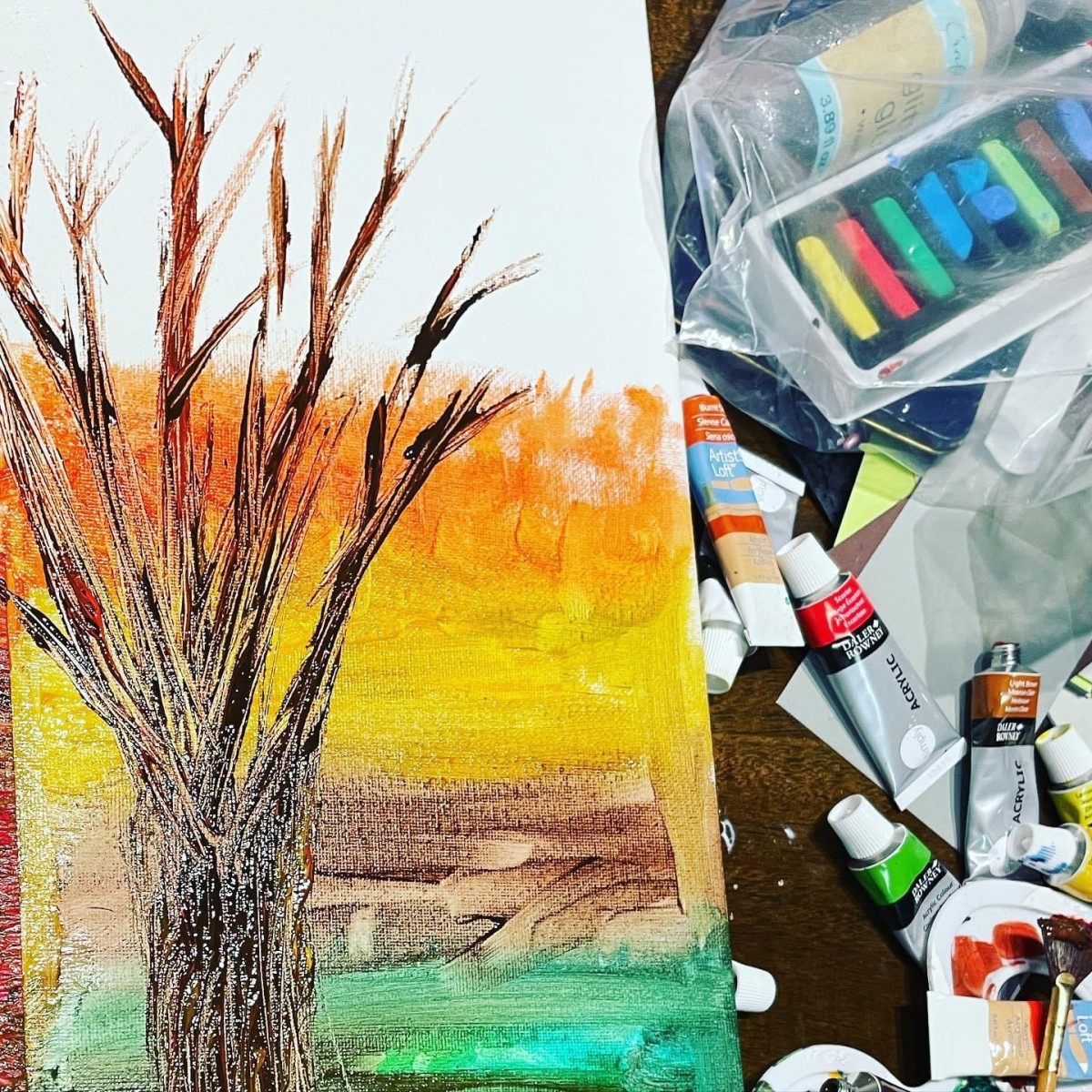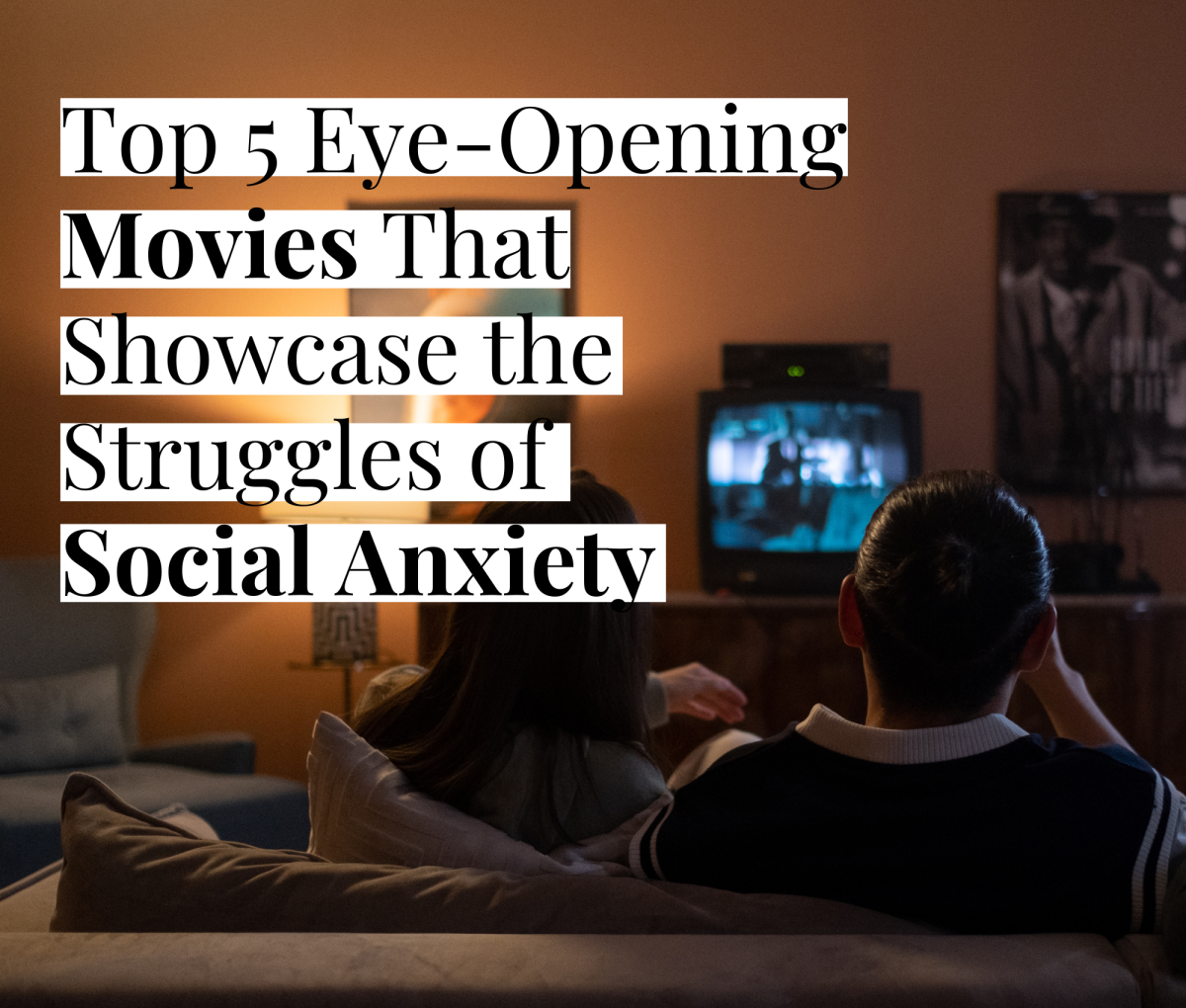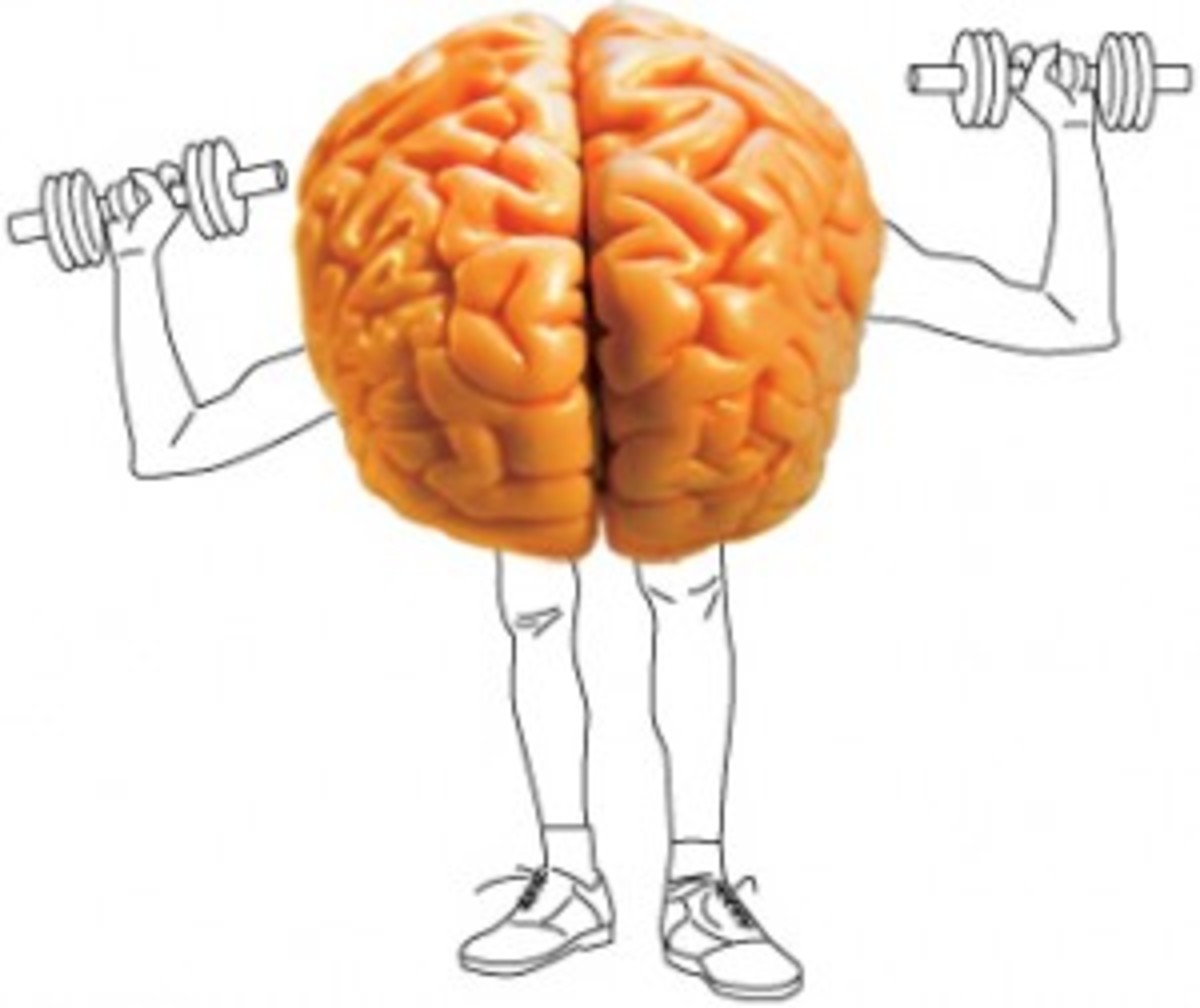The Effects of the Pandemic on Mentally Ill and Why Therapy Should Not Be Stopped
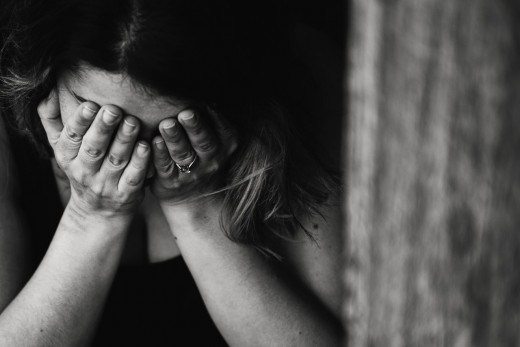
The Age of anxiety
Even before the pandemic, there has been a steady increase in mental health problems, the world over. There is a manifold increase in anxiety-related disorders in recent times due to stress at work, personal relationships, financial difficulties, serious medical illness, and other matters. The uncertainty caused by the lock-down and the subsequent drain on the economy is anticipated to have a huge impact on the mental health of people for a long period forward.
There is an urgent need to change our priorities and equip the health care facilities with trained mental health care specialists to support those with preexisting conditions.
The Uncertainty can be Terrifying
People who are already suffering from mental health issues find it very hard to deal with the anxiety caused by the pandemic say many psychiatrists. Their symptoms are intensified and they find it very difficult to cope. The fear of job loss, financial issues, and fear of contracting the infection can play havoc with a frail mind. The prevailing uncertainty can drive an already affected person to take extreme steps which can be avoided with proper care and empathy by the friends and family members or caretakers.
Steps to Avoid Relapses-Proper Medication
The prescribed medication has to be continued until the next visit to the doctor. Some people try to stop or reduce the intake for fear of not getting access to the drugs. This can aggravate the condition. Tele-counselors and mental health helplines can be of great help during such times. The authorities should ensure that people are able to get access to the medicines, lack of which may aggravate their condition, and turn them violent causing harm to themselves and to people around them. For example, a dormant psychosis may suddenly resurface in a more severe form due to isolation, anxiety, and lack of proper treatment.
Keep them Engaged and Free from Negative Thoughts
The person with the mental health disorder should be kept engaged in conversation and encouraged to avoid negative thoughts. They should be encouraged to talk about their anxiety because when the anxiety gets overwhelming it gets difficult for them to cope. The value of social support is crucial at such times. They need to feel safe. People around them, be it neighbors, friends, family members can help by taking an interest in them. The feeling of belonging and being cared for can improve their state of mind.
Simple Tasks and Planning a Routine
Simple tasks or activities to be accomplished by the end of the day should be assigned to them so that they are kept engaged and not indulge in negative thoughts. It is important to set a routine and make the person follow it. It is important to stick to a routine for a depressed person. Routine makes people safe and they should stick to normal sleep and mealtimes. Planning a day around a schedule and being engaged in activities that can take the person’s mind away from unwanted thoughts can be very helpful. Taking one step at a time is the mantra.


Finding the Happy Place
Some people find their happy place in books, some in music, photography, cooking, exercise and some in creative work. It is very crucial for a depressed person to have some form of movement. A simple walk, cycling or listening to soothing music can improve the mental condition to a great extent. The person should never be left alone to mope or brood over the situation. Finding the person’s happy place, to keep one going is necessary. Nature and pets are great healers and the time spent in their vicinity brings a lot of joy and peace.
Maintaining a gratitude journal
Writing down at least three things for which one is grateful forever every day can help reduce anxiety and stress. Positive affirmations to oneself like that 'I am good', 'I feel great', 'I love myself and all living beings around me', and so on can help the mind to heal. Rewarding positive behavior in the day like watching TV, eating chocolate after completing important tasks like reading, writing, studying for students are some methods that motivate in accomplishing regular tasks.


Strength Building Exercises Help in Reducing Stress
Strength building exercises like, weightlifting, jogging, yoga four to five times a week help in increasing the levels of dopamine which is known to reduce stress and anxiety. A good diet and good sleep are equally important for maintaining overall health. Meditation helps in calming the mind and soothing the nerves and some time should be kept aside for meditation daily. A sedentary life is known to cause metabolic changes in the body that raise the risk of various diseases like diabetes and heart disease as well as aggravate mental disorders. Research has proved that exercise plays an important role in maintaining mental health. At least 15-20 minutes of exercise a day could greatly relieve stress and anxiety in a person.
To read more on Anxiety disorders and natural remedies for anxiety, please go to:
https://hubpages.com/health/Anxiety-Disorders-And-Best-Natural-Remedies-For-Anxiety
To know more on dopamine, please read:
https://hubpages.com/health/Importance-of-Dopamine-And-Methods-to-Improve-Dopamine-Naturally
Building Optimism and Learning Something New
Family, friends, doctors, psychiatrists play a vital role by encouraging optimism, positivity, and hope to the vulnerable ones. Faith and spiritual practices boost not only spiritual quotient but also emotional quotient and help overcome uncertainty and distress. Life is never static but continues to change and evolve and hope keeps us alive. At every stage of life, we should be open to learn new and exciting things and upgrade our skills and respond to new challenges in a positive way. By this new neural pathways are formed in our brain and there is an increase in our efficiency and self-confidence. Reading inspirational biographies and true-life stories of brave and great people and people who have fought against great adversities and won can be inspirational and uplifting.
Assure them that this too Shall Pass
No problem is permanent and man has proved over the years that with his intelligence, resilience, and determination can overcome adversities of every kind. The times are challenging, but if all work together we can achieve success in overcoming adversity and come back to a new normal in the next few months. The person should be assured that by following the norms like wearing masks, maintaining social distancing and hygiene one can be safe in the pandemic. Hope is the essence of life and there is always light at the end of the tunnel. The pandemic has caused a lot of hardship but has also taught us to live gracefully and cope with the uncertainty and the unknown.
To read on steps to maintain calm during the pandemic:
https://hubpages.com/health/Corona-Scare-How-to-Stay-Calm-And-Make-the-Most-of-Your-Time-at-Home
Importance of Therapy
Leaving one’s mental health unattended can have adverse effects. Therapists listen and guide the persons and help them carry on their daily activities. They can motivate them and help them to achieve their goals, have more fulfilling bonding with the family. Through therapy, a manifold improvement in all areas of life can be achieved. So the need for continuing with therapy is very vital. During the course of the therapy, a bond is created between the therapist and the patient that helps to a great extent in their recovery. Stopping therapy can break that bond and cause an impediment in the treatment.
Impediments to Therapy
People are still hesitant about seeking therapy. Despite the increasing awareness about mental health, the social media engagement about it, and celebrities opening about their experiences with it, people hesitate to go for therapy. The reasons for this being:
The Stigma Attached to Therapy
People are scared that they will be judged as being weak or mentally unstable. They are advised to focus on work and family, to be strong emotionally, to man up, etc. This makes the sufferer avoid seeking therapy and suffer silently inwardly until their condition worsens day by day. It makes the susceptible persons go back into their shell and worsen their condition. Gender stereotypes and social conditioning come in the way of therapy for men in general as men are they are considered to be emotionally strong and invincible in the family and any mention of mental problems may be considered a sign of weakness or failure. This makes men seek release in sports and work and go to a therapist only when the condition gets severe.
Therapy is not Considered Necessary
Many do not consider seeking therapy as an option or necessity. They feel the problem will go away given some time. The condition will disappear after some time and it is not a matter which requires immediate attention. At the most popping, a few anti-depressants should do the trick. They fail to realize that the mind needs the same amount of care and pampering that the body needs. Family and friends also do not give much importance but resort to phrases like ‘Be strong, you will get over it’,‘Take a walk and forget what is bothering you’, ‘Don’t think Negative, have a grip on your thoughts’ which may result in their not coming out with their problem as they may feel they will be called weak causing them more hopelessness and worthlessness.
The Cost Factor of Therapy plays a Vital Role
The cost of therapy is a huge deterrent for many people. Especially during lock-downs when the incomes of a lot of people have dropped, insurance payments are not paid in time causing a huge burden. As a result, therapy is neglected leading to the deterioration of the condition. Moreover the fear of not getting access to drugs due to the pandemic, people tend to down the intake of medicines to make it last longer which can affect the treatment adversely.
Disillusionment with Therapy
A few sessions and many start feeling that therapy does not help them. They are anxious during the visit to the therapist as they may think that he may be analyzing every word and revealing their thoughts and feelings to a complete stranger may be very daunting to them. Confidence can develop only when a relationship is built after a series of sessions. Avoiding therapy may hinder the forming of that relationship of confidence between the therapist and the patient. Therapy usually takes time and neglecting to keep up the sessions will not help in recovery.
Access to Therapy during the pandemic is Difficult
The pandemic and the subsequent lock-downs have made it difficult to get access to therapy. The online sessions are more impersonal and the therapists may find it difficult to gauge the patient's thoughts and reactions correctly. Disturbances and distractions occurring in the home surroundings will also deter the proper conduct of the sessions and patients’ privacy may be at stake apart from the technical glitches involved.
Why you should not give up on Therapy
People with pre-existing mental health conditions are susceptible during pandemics. The uncertainty and fear can worsen their symptoms and affect their recovery adversely. Lack of therapy can be dangerous. There can be an acute relapse and may force the patients to take extreme steps. The change of routine or loss of personal space can aggravate a preexisting condition. It can affect their daily activities and it gets extremely difficult to cope not only for them but for their caregivers also. Conditions dormant for years can suddenly resurface in a more severe form. More so the patients who are infected and sent into isolation can hit breaking point. It is important; says psychiatrist is to equip the centers treating the pandemic with mental health professionals so that those with preexisting conditions can benefit from their support. The need of the hour is to spread proper awareness in the people about the safety methods, hygiene and health to protect from the pandemic as false information often aggravates an already existing condition.
This content is accurate and true to the best of the author’s knowledge and is not meant to substitute for formal and individualized advice from a qualified professional.
© 2020 VIDYA D SAGAR





